The first book I remember being disappointed by lives in my memory only as a vague, wishy-washy watercolor image, a cover that was as much of a Tolkien knockoff as the story inside. I was indiscriminate, as a teen, provided a story kept my interest. I read trash and gold; I spent my holiday Waldenbooks gift cards exclusively on mass market paperbacks from the SFF section; I picked carefully from my mother’s shelves, which were sometimes too weird, too adult, too something for my 14-year-old self.
Disappointment in a story was a strange thing to me then. I also remember the first two non-SFF books I disliked, the way it felt when I realized I didn’t have to keep them. Freeing, and also weird. No one had taught me to look for reasons to like a book, and no one told me what they did when they didn’t like them. Our house was lined with books, piled with them. Had they all been read? I have no idea.
I start with these tiny stories, these barely-anecdotes, because I’ve been thinking about liking and not liking things, lately. About loving books and reading and approaching each new volume with a certain kind of intent, whenever possible. About what it means to be a generous reader, and whether that’s a skill you can practice. I think it is.
I think it’s one you have to keep practicing.
I cannot pinpoint the moment, or even the era, when I learned to love reading and viewing things critically. I mean this not in the sense of hating things, but in taking them apart, seeing how they tick—in asking why, and how. Why do I love this kind of story? How did it shape my expectations that so much of the fantasy I read as a teen was written by women, not the established classic work by men? What do the things I love, or hate, have in common? Why am I so scared of scary things? (Fear short-circuits my critical brain. It’s still there, poking at holes and wanting explanations, but I’m too scared to enjoy it.)
This is how I love things: by examining them. Some things, I want to look more closely at than others. Some I just want to bask in. Some I want to pick up and carry over to every friend I think will understand, to hold them out and say: Here. Try this. I know it’s a whole book and it takes longer than trying a bite of something. Trust me. Please? Or: Can I tell you the seventy-six reasons why this is the best thing I have ever experienced, or at least I think it is at this particular moment in time?
I want to like things. I feel strongly about this: I pick a book up wanting to enjoy it, to be impressed by it, to exclaim and be delighted and awed over what it does. This doesn’t always happen, of course. And when it doesn’t, I can still do my level best to be generous.
This phrase gets used a lot. I heard or saw two writers I know use it last month in the context of reading their peers’ work, or workshop students’ work, and it always seems entirely intuitive to me what it means in that context. You look for the gold. You try to meet the writer where they are, as you understand it; you give the benefit of the doubt, you skip the details you might want to nitpick; you come in clear-eyed and honest, but never picky, never cruel. You want the best for the thing you’re reading, and, for that matter, for the writer. If you’re reading unpublished work, you don’t just look for what needs fixing; you look for what’s strong, what’s necessary, for the threads draw you through and hold everything together.
I think about this a lot, lately, because I haven’t always been the most generous reader, and the more I think about how and why that happened, the more I think about how much any one person has to give—and to take.
A lot of people said they couldn’t read during the early months of the pandemic. I couldn’t read fiction, only nonfiction. I think I wanted books that were full of facts, past events, things over which the writer had limited control: This is what happened, then. In 2020, so many of our illusions of control fell away. I cleaned my groceries with anti-bacterial wipes, pretending I was controlling a risk, performing an action that was really probably meaningless. Most choices felt meaningless.
A fiction writer, in theory, is in charge of the story they’re telling. Some part of me rebelled at that. I felt in charge of nothing useful, nothing good. I wanted only narratives that felt as if they were directed by bigger things, uncontrollable energies, the turn of the planets. I was envious of the choices every novelist got to make on every page, and all the more because I had no energy to make my own.
And some of us just had nothing left to give. No way to meet writers where they were, and no way to process or brace for or deal with anything in a story that might have been too much for us at that moment. Maybe we were already there, after three years of an exceptionally cruel political and cultural climate.
I found myself reading defensively, on the lookout for anything that was going to set me off, make me angry, or simply slip under my skin, which felt thin and cracked and fragile. I’ve found myself in this position before—sometimes from reading too many books of certain types, or too many things that felt formulaic, or too many [insert personally frustrating reading trope here]. You wind up trying to see what’s coming at you: this, again? Can I cut it off at the pass? Do I need to be ready for a rush of impotent rage?
The things that feel like they hurt are different for every reader, but when the world is already a place full of sharp edges and defensive postures, who wants more of that in a book? So we get our backs up, emotionally and intellectually, and read with a skeptical eye, whether or not the book warrants it. Or at least I do, when I’m feeling that taut, harried sort of feeling. When I’ve been online too much. When I’ve been bracing myself as a writer, thinking of how I have to use fourteen caveats for every statement just to make sure I’ve left no room for someone to come at me with a claim that I’m trying to say something I absolutely am not.
In 1997, Eve Kosofsky Sedgwick wrote about “paranoid reading” and “reparative reading” in the introduction to the book Novel Gazing: Queer Readings in Fiction. I learned about this concept in 2020, from a Twitter thread by Lee Mandelo—specifically from one succinct post that read:
“Paranoid readings are also a valid understandable response to a violent world that seeks to harm us! But they close in on themselves and each other like a fucking bear trap. Reparative readings are open to pain as useful and potential, and are by definition attempting generosity.”
I bring these pieces up to note that these are not new ideas, that they come from queer thinkers, and that Sedgwick is brilliant in an intense way that means I have to read her sentences three or four times, sometimes, but it’s worth it. What I am also saying, in a smaller and more personal way, is that thinking about how you read is a practice, a vital one, especially—but not only—if you are also a writer.
The writer and teacher Melissa Febos said in an interview last year:
“[O]ne of the things I find disheartening is something I’ve seen increasingly in students, where they are bringing the imagined criticisms of a bad faith reader to the desk with them when they’re doing the first draft. … You have to write for the reader of best faith, the reader who most needs your work, and you need to do your absolute best work for that reader. Exile the thoughts of the person who is looking to invalidate the art that you’re making; you can’t make art that way. Or it will be a brittle, sad version of what you would’ve done if you had imagined the loving reader who is grateful and interested in what it is that you actually are trying to communicate.”
I’ve been a bad faith reader and I’ve been a writer who fears the reader of bad faith, and there is no joy in either of these. I don’t want to read the brittle, sad versions of the things that could have been vibrant and vital and true; I don’t want to write looking over my shoulder, predicting the brittle, sad way I will feel when someone comes at me with invalidation.
But I understand how we get there.
Reading critically is not the same as reading in bad faith. And I am in no way saying you have to like everything. Taking joy in being a dick is sometimes fun. I’ve certainly done it. I would never tell you that you ought to approach every mass-produced piece of capitalist entertainment with an open heart, looking for the good in it even as it insults your intelligence and wipes its dirty feet on the world we live in. You don’t have to be generous to someone who has not extended any generosity or respect to you. Generosity is not always called for. Defensive reading is sometimes necessary, useful, a much-needed scalpel.
There are other ways to read, too. But when we can—when I can—I am trying to be generous. And sometimes it changes everything.
I’ve changed my whole mind about books while writing about them, all because I went looking for the things that made them tick, and the things that another reader would love. What could I see in here that I am not seeing from this perspective? When you discard what it seems like a book should be doing—a “should” formed from the cover copy or a review or your own expectations—can you see more clearly what it actually is doing? If I try to read generously—and I don’t always succeed!—I get more from a book and I get more from my own experience of it.
I found so much more to love in The Night Shift when I put my own experiences of that era of New York in a box and set them aside, and gave in to the version Natalka Burian was exploring. I was frustrated by how much context I seemed to be missing in The Archive Undying, but eventually accepted that there was a ton I was simply never going to get to know. That didn’t stop me from wanting those details and bits of background, but to acknowledge this and then move on allowed more room for the rest of the story to grow on me on its own terms. I simply did not want to read David Mitchell’s Utopia Avenue; books about bands and music scenes are so often agonizing when you’ve spent any time in that world. But I chose to trust him, to accept the bumps and bruises that would be inevitable with a music book set in earlier decades, and to let the story be. It was worth it.
Maybe you already know this. Maybe you’re better at getting out of your own way than I am. The idea of generosity in reading is something that sat in the back of my mind, un-investigated, for a long time, and only recently have I dug out the mental flashlight to root around in the idea. A little bit, I mourn the time I spent not having realized how to read more generously. But perhaps that’s just me reading myself too harshly.
The last word here belongs to Sedgwick:
“…to read from a reparative position is to surrender the knowing, anxious paranoid determination that no horror, however apparently unthinkable, shall ever come to the reader as new: to a reparatively positioned reader, it can seem realistic and necessary to experience surprise. Because there can be terrible surprises, however, there can also be good ones. Hope, often a fracturing, even a traumatic thing to experience, is among the energies by which the reparatively positioned reader tries to organize the fragments and part-objects she encounters or creates.”










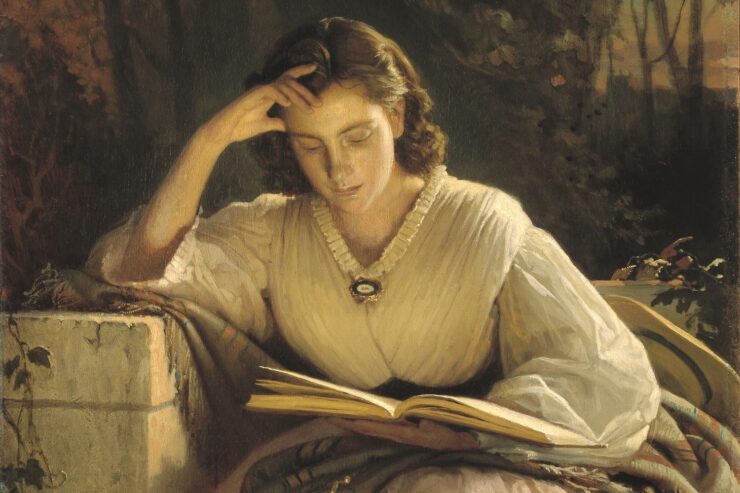
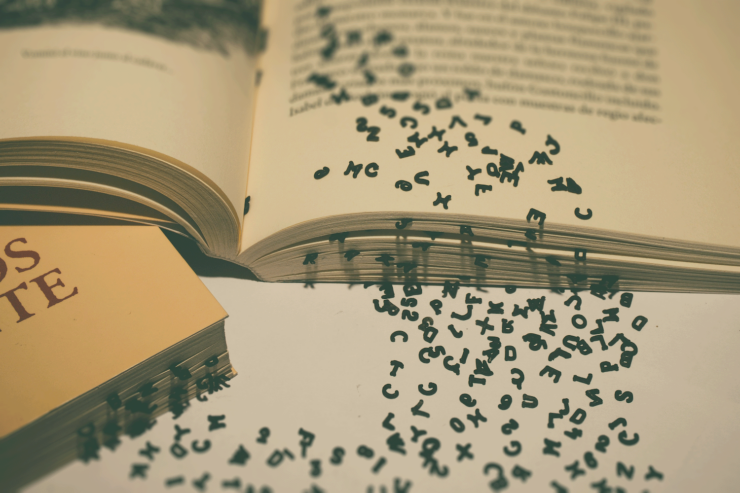
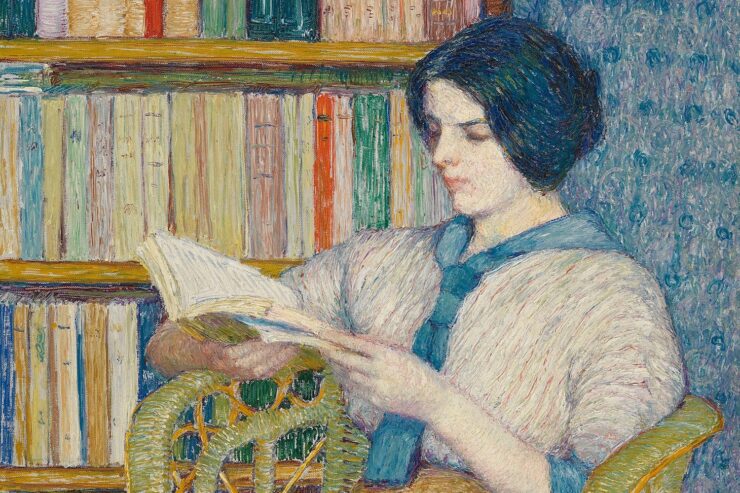
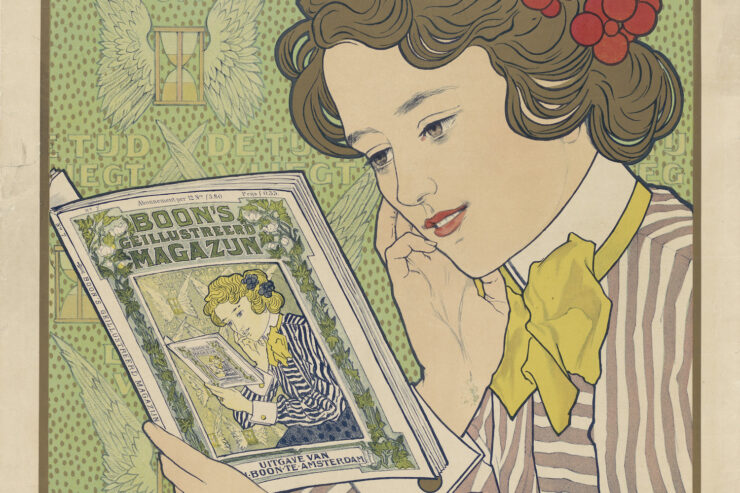
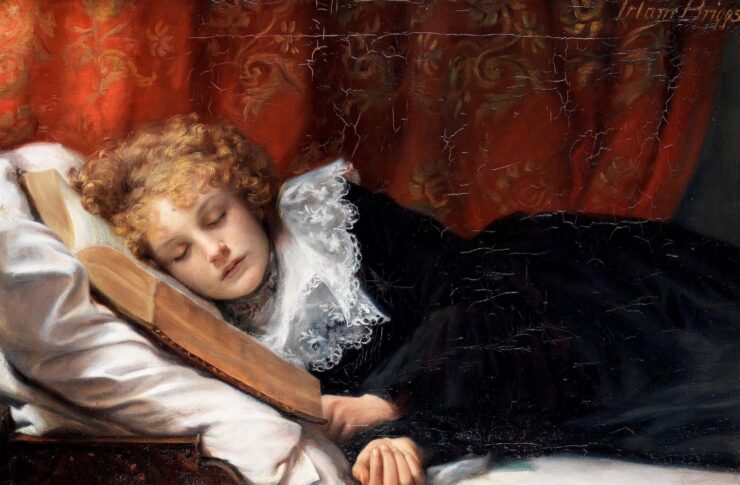
I think sometimes in our book club, the “ungenerous” take of the evening tends to win out more often than it should. Is that really a plot hole, or did Mr. X take that action because he’s human and humans make mistakes? What does “is this character necessary or unnecessary” even mean? Of course there are times when an action needs justification because it seems blindingly obivious in that world that the action would be nonsense. And of course sometimes there’s a character who lives somewhere below the ‘fluff’ level in importance, but consumes an inordinate amount of screen time. That said, I like going into a book wanting these things to work, and reserving judgement as much as possible.
Oh, God, this. It is so hard anymore not to do this, when it feels like the entire internet is just waiting to pounce.
Very interesting post!
I’m one of those readers who reads only to find out what the characters are like and what happens to them, and I like practically everything I read (the exceptions were Moby Dick, Candide, The Last of the Mohicans, and Henry James’ short stories and novels…and all for different reasons, and all read for class).
There are decisions by characters that I’ve shrugged over in the “Ok, I really don’t understand, but oh well. . . . ” sense, which isn’t generous.
My main more intense ungenerous responses have been as a viewer when my best friend and I were watching thirtysomething; both of us were unjust viewers as per one of the characters and this character’s attitude and treatment of others (we were fixated on that show, lol, even tho’ we were twentysomething).
What a lovely and thoughtful piece of writing. Thank you. When I was younger I was a very harsh cultural critic. As I grew older I began to reevaluate my attitudes and by my forties began to favor art/entertainment the same way I always did people which was the interestingly flawed over the brilliant. Perfection now bores me while the near (and sometimes far-off) miss always reveals curious tangents of thought and odd little details not to mention a richer inherent humanity. Call it the Misfit Toy factor. I can feel an artifact of creativity better when I can see/hear the jagged edges and I enjoy more of a sense of kinship with creator. It’s like those odd little films tucked away on Turner Classic Movies. You’ve never heard of them and they’re certainly not classics but God are they fun and interesting and there’s a slight thrill in having stumbled across them.
First of all, I just *can’t* deal with books that are propping up or giving cover for Really Bad Things (i.e. isn’t stalking so *romantic*). I also have low tolerance right now for books that say it’s hopeless to try to make things better or that it’s unreasonable to want people and companies to behave more humanely (I particularly hate the take that it’s just stupid/irresponsible for a person/company to do what’s morally right whenever it’s not legally required and is not going to be financially beneficial, even if they already have Scrooge McDuck levels of wealth).
But then there’s just… I wanted more out of this book, and it only gave me a teasing taste, not a meal; or I wanted it to be *this* kind of thing and it turned out to be *that* kind of thing (especially when it said it was *this* kind of thing!), or I wanted it to dive in to this concept and it only skimmed around the edges a bit.
And sometimes the better a book is, the more annoyed I get with it for missing opportunities (because I’m always looking for books that can heal, or books that don’t need any caveats when you recommend them).
But yes; generous reading, reparative reading, maybe, sometimes. I’ve thought about that a bit when deciding what to bring up with my book group sometimes, because it’s easy to talk about the places where a book grated on you, but often harder to explain the parts that really worked for you, and yet the good parts – what the book *can* do, what good things we can learn from the book – matter a lot more than the odd nitpicks of details the book got wrong (which don’t matter for the point of the book, but which knocked me out of the groove of the book). But I’ll have to think more about that.
Thank you for this!
Is there a distinction between being a generous reader and a generous reviewer?
My reading style is I read multiple books at once – in the olden days I really did have the stack of books on the table by my bed. I am guessing I finish ~75% of the books I start, but at some point if the book doesn’t interest me enough to compete – I let it go.
On Goodreads or Amazon, my idiosyncratic ratings criteria is books I finish without putting down, sometimes even reading late into the night to see what happens are 5. Books I finish are either 4 or 3. Generally 4 means I would read something by the author again – 3 means I might, but would be selective depending upon reviews etc. I don’t rate books that I don’t finish because I don’t think that is fair to the author or other readers.
I know I used to read more generously, mainly because I was a wide-eyed impressionable teenager who accepted pretty much anything. By this point, I’m more discerning – but I try not to be gratuitously negative about a book unless I dislike it intensely and/or have a moral objection to what I’ve read in it. There’s about a 99% chance that a given author has worked really freaking hard on their book, and most books are able to find a reader who will list it among their favorites.
I appreciate thinking of criticism from this more expansive perspective. A lot to sit with here – thank you.
Of all things, I’ve never felt the need to judge a book by its cover or contents. I read without expectation.